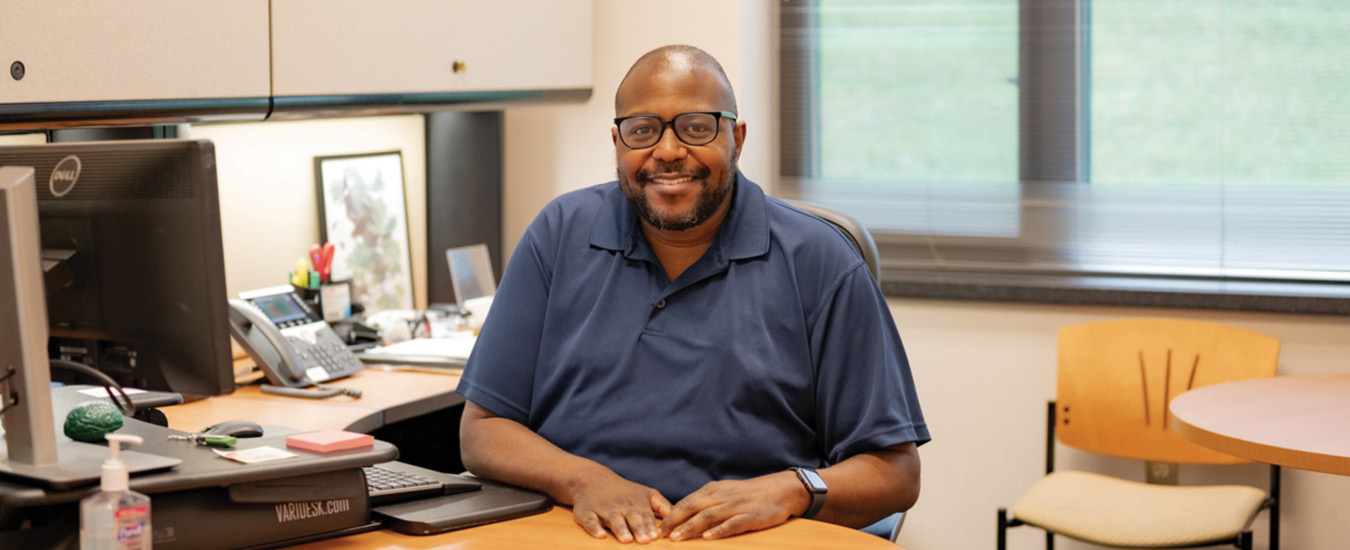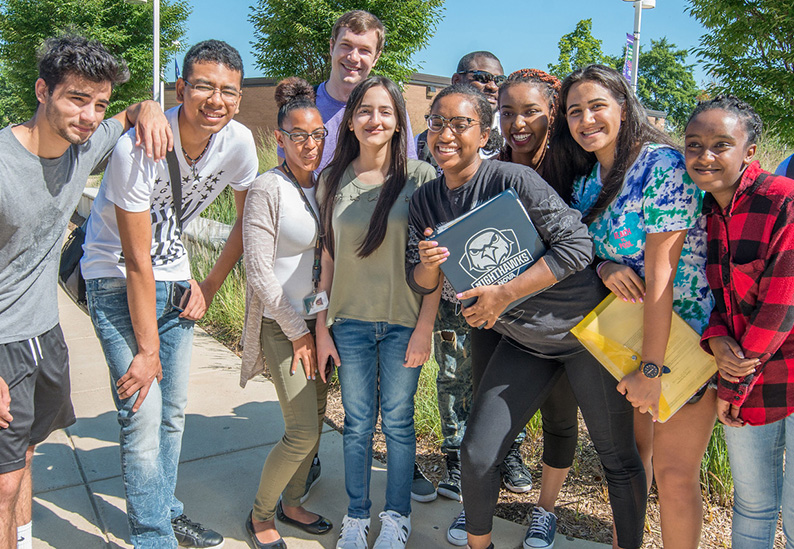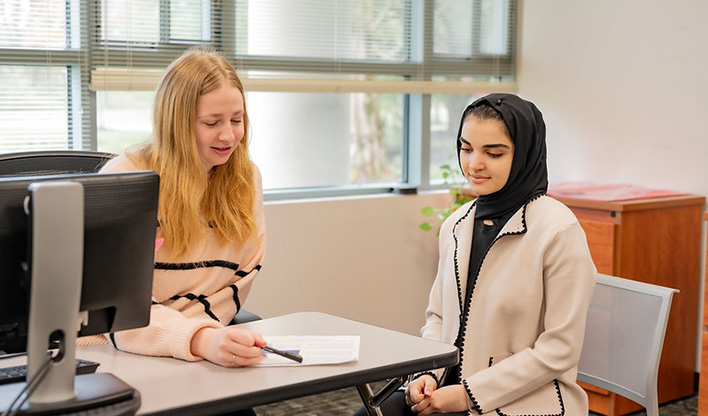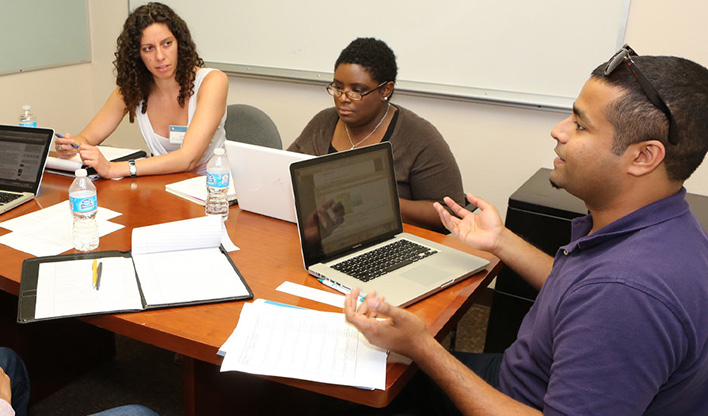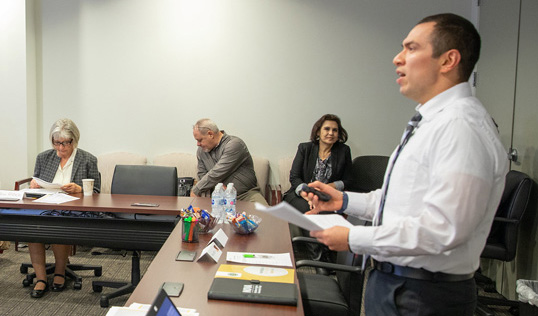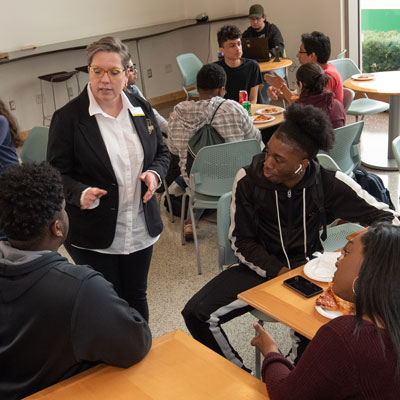What is the Office of the Ombuds?
Throughout the day, in various situations, disagreements, miscues, and conflicts naturally occur at any place where people learn and work - such as NOVA. When you find yourself seeking informal guidance, assistance with navigating NOVA procedures, or further information on formal reporting processes and external resources that can help you make an informed decision, the Office of the Ombuds is here for you. Watch the video below for an in-depth overview.
Confidentiality · Informality · Impartiality · Independence
